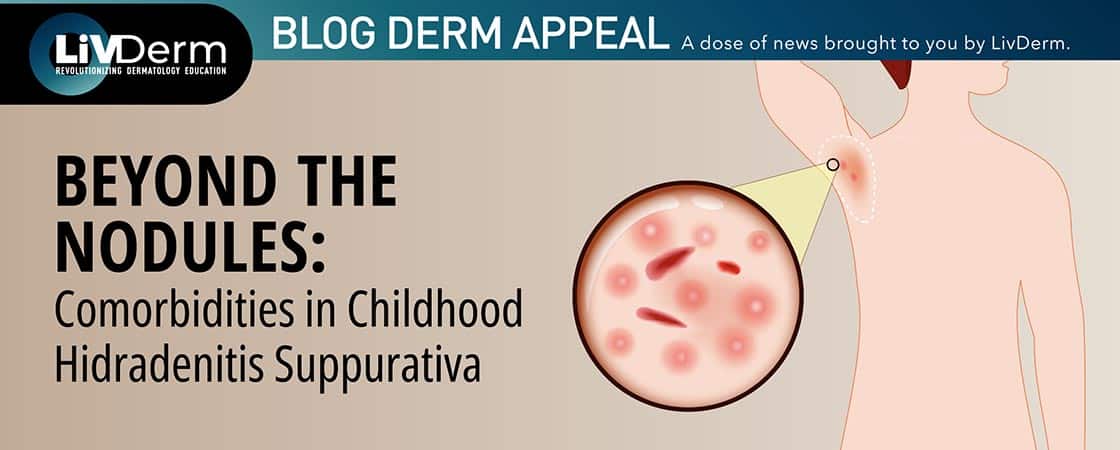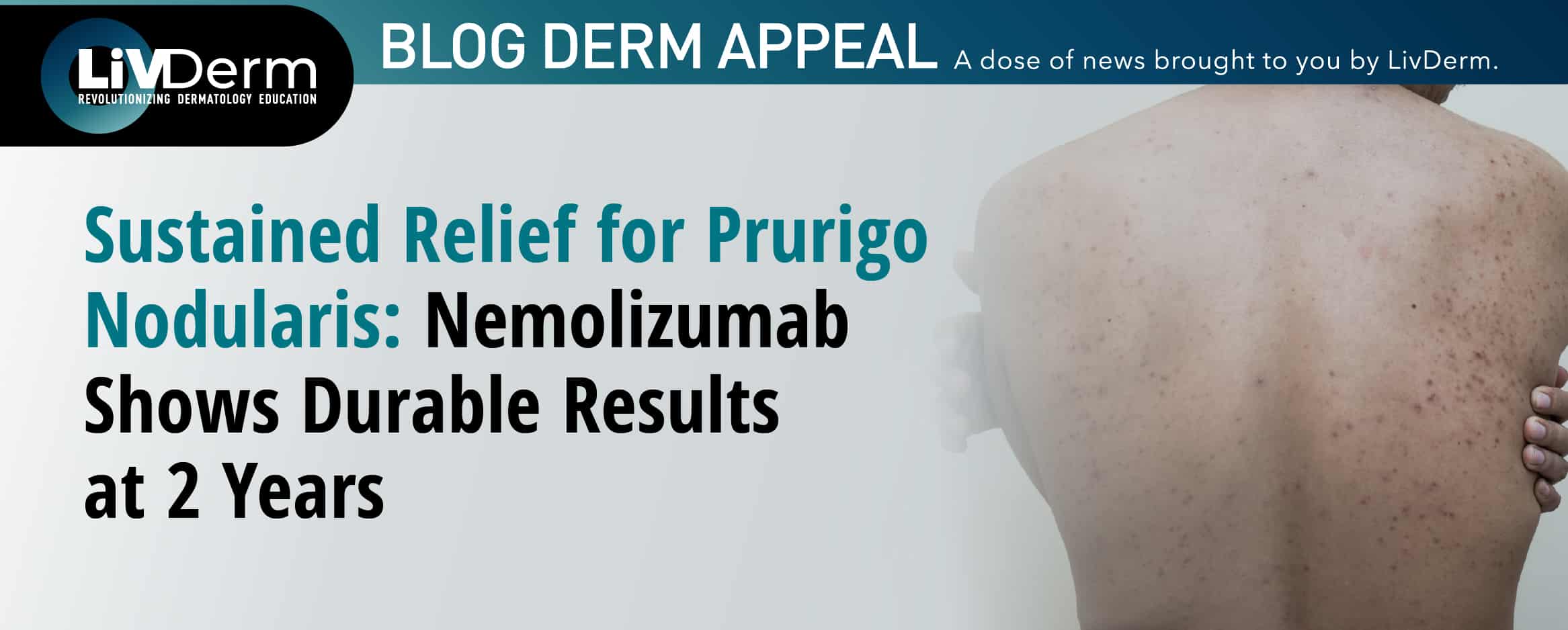Findings from a recent analysis have revealed that the administration of intravenous ertapenem demonstrates improvement in clinical and inflammatory markers of hidradenitis suppurativa (HS) in addition to improved patient satisfaction.

Researchers sought to evaluate the efficacy, optimal course duration, and patient satisfaction levels associated with intravenous ertapenem for HS. To do so, Nosrati et al conducted a retrospective review of the medical records of 98 patients with HS from 2018 and 2022. They measured and evaluated patient outcomes before and after their treatment with intravenous ertapenem, then later followed up with a telephone survey to assess patient perspectives and satisfaction.
The 98 patients included in this analysis came from diverse backgrounds. A total of 59 patients identified as Black/African American (60.2%), 24 identified as Spanish/ Hispanic/Latino (24.5%), 23 as “other” or “unknown” (23.5%), 13 as White (13.3%), and 3 as Asian (3.1%). Of the total patients, 61 (62.2%), were female. The mean treatment duration lasted for 13.1 weeks, with a post-therapy follow-up taking place after 7.8 weeks.
The patients were treated with 1g of ertapenem that was self-administered at home through a peripheral intravenous central catheter using an elastomeric pump. The treatment lasted for 12 to 16 weeks and antiandrogens and immunomodulatory biologic therapies initiated prior to ertapenem were maintained.
Results demonstrated significant reductions in the HS Physician Global Assessment scores and the numerical rating scale for pain, C-reactive protein, interleukin-6, and leukocytes. At the follow-up, 76 patients (78%) participated in the telephone survey. A total of 63 (80.3%) reported medium to high satisfaction. When asked if they would be willing to undergo another course of therapy, 60 (78.9%) replied they would. Additionally, 69 (90.8%) stated they would recommend ertapenem to others with HS.
The analysis reported that adverse events associated with intravenous ertapenem therapy were uncommon. Out of the 98 patients who were evaluated, 8 (8.2%) had diarrhea, 5 (5.1%) had nausea, 2 (2%) had headaches, 1 (1%) had candidiasis, and 1 (1%) had multiple episodes of syncope.
The authors conclude that “In this retrospective review of medical records and telephone survey, treating HS with intravenous ertapenem, administered for a mean of 13 weeks, was associated with improvement in clinical and inflammatory markers, as well as heightened patient satisfaction. Nonetheless, this approach should be monitored for the emergence of antimicrobial resistance given a longer than standard treatment course.”
















